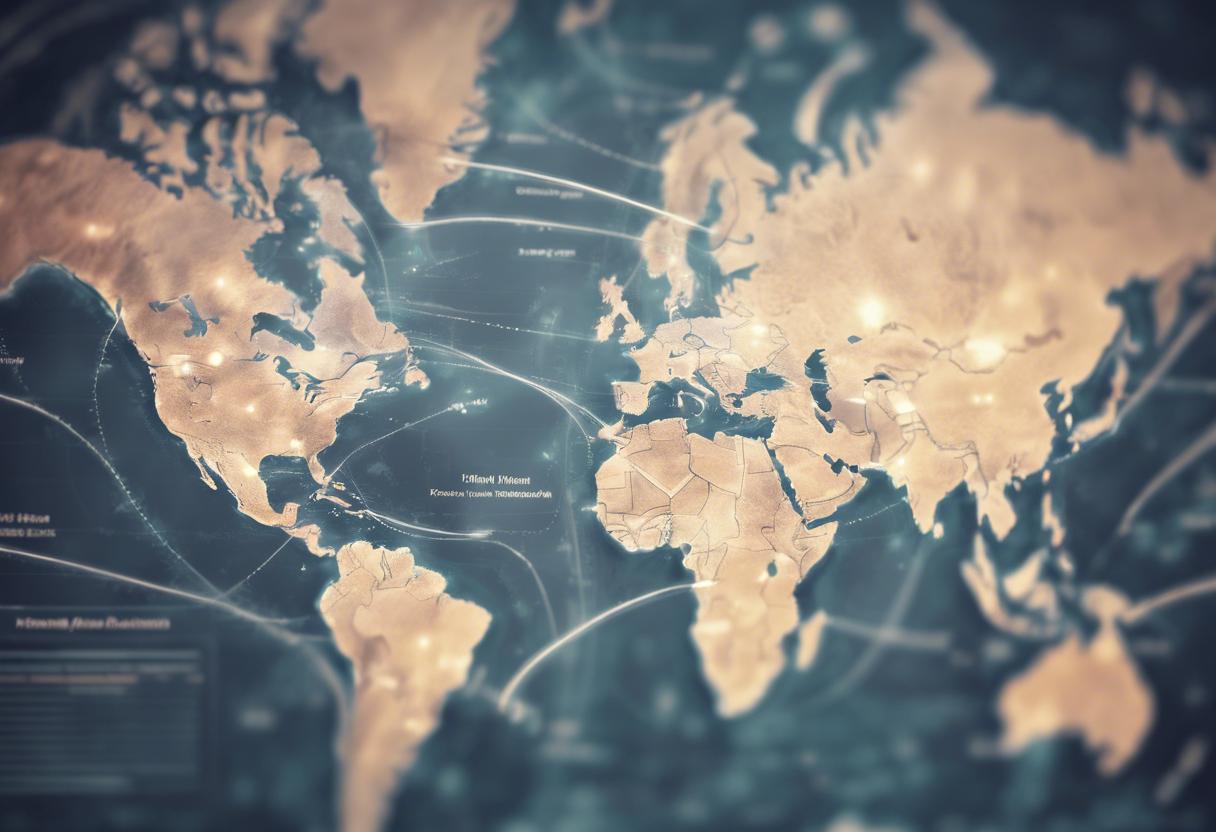Foreign Affairs Minister Micheál Martin has announced the Irish Government’s plans to evaluate potential amendments to the Occupied Territories Bill, a law that would restrict commerce with illegal Israeli settlements. This Bill has been thwarted by numerous former governments, however, the International Court of Justice’s ruling last summer on the occupied Palestinian regions has altered the perspective on this legislation.
Mr Martin underscored that the court’s advisory review distinctly recognises the occupation as unlawful. He also indicated that the Irish Government awaits further guidance from the Attorney General next week about a possible trade blockade with Israeli enterprises in these occupied regions.
Subsequently, in Brussels, Prime Minister Simon Harris expressed Ireland’s intentions to forge ahead, irrespective of the stance taken by the European Union, on the prohibition of trade with illegal Israeli settlements in the occupied Palestinian areas.
Mr Harris unequivocally stated that the European Union had no consensus on re-evaluating their trade pact with Israel. He added that Ireland would not procrastinate for the entire continent to act on trade matters affecting the occupied Palestinian territories.
Also advocating for the progress of the Bill, the Green party leader, Roderic O’Gorman, echoed similar sentiments on Wednesday.
Additionally, Mr Martin revealed during an interview that he had extensive dialogues with defence ministers from other Unifil nations on Wednesday about the “extremely tough and demanding” circumstances prevailing for Irish peacekeepers presently stationed in Lebanon. He highlighted that this concern was prevalent among all those nations contributing troops.
Mr Martin has expressed his intentions for specific legislations such as the Gambling Bill and the Finance Bill to be legislation prior to the impending general election. These new regulations are set to augment the gambling industry’s protocols in Ireland, with their approval being expected sooner. The Finance Bill focuses on monetary measures planned for Budget 2025.
Mr Martin conveyed the possibility of two prospective dates for the forthcoming election – either late November, early December or February, with emphasis on accomplishing foundational tasks before transitioning governments. He voiced his priorities about passing the Finance Act before conducting the elections since it could significantly influence the voting process. Any shifts between December and February would be minimal.
Work has already been started on Fianna Fáil’s political manifesto, particularly in dealing with living costs and housing, according to Mr Martin. He recognised the alterations in Sinn Féin’s political terrain even before notable controversies emerged and critiqued its tendency to prioritise self- preservation.
Mr Martin called attention to the profound differences regarding economic perspectives between Sinn Féin and Fianna Fáil. In the face of political division in the Dáil regarding Ireland’s economic structure, he strongly endorsed free trade and emphasized the difficulties they face in acquiring the majority vote for the Canada – European Union (Ceta) trade agreement. This trade deal has been impactful, causing a substantial 30 per cent increase in Irish exports and fostering job creation.
Commerce is the vital fuel for our economic and societal development. Regrettably, we find ourselves dealing with politicians inhabiting the Leinster House, Sinn Féin included, who reject deals and trade pacts brokered by the EU and nations such as Canada. This calls for highlighting during this campaign as it directly affects the backbone of the Irish business economic model, a model which has proven its effectiveness over more than five decades. It is now our responsibility not only to safeguard it, but to further propel it forward.
Mr Martin continued to base his standing opposition to any potential collaboration with Sinn Féin on ethical and cultural reasons. He pointed out Sinn Féin’s attempts to glorify the role of violence during the Troubles, stating: “It’s high time contemporary Ireland declares that there’s no room for violence in politics, it serves no purpose and it never did.”
When probed about whether this attitude within the party was as big an obstacle to collaboration with Sinn Féin as policy discrepancies, Mr Martin responded: “For me, it indeed is. Clearly, policy remains a significant issue as well.”

